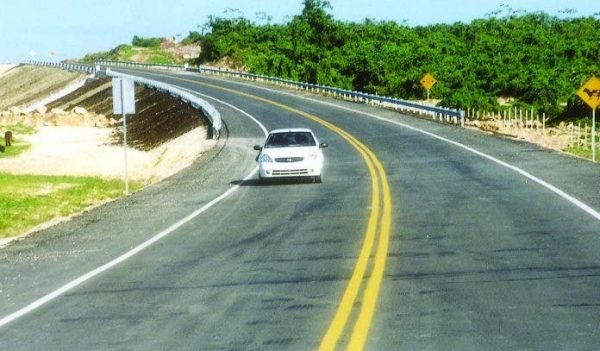
The government could have built three Samana tolls roads with what taxpayers have already paid the builders. And the concessionaires still have a contract that ensures them billions in profits for years to come.
Alicia Ortega reported in her El Informe con Alicia Ortega on Monday, 8 February 2021 that the Dominican government has already paid twice the cost of the Samaná tolls road. The road is officially the Juan Pablo II Highway and it also known as the Autopista del Nordeste. As reported, the government has paid US$563 million in shadow tolls and the cost of the south-north road was US$305 million.
What is clear is that the contract with a Colombian company, and with the World Bank’s participation, has been one of the most onerous ever for the Dominican government. It optimistically estimated traffic on the road and set stiff penalties if the traffic was not met. The government has been paying dearly for the so-called shadow tolls. The more costly the road, the less traffic. The cost of driving to Samaná, a major touristic destination, is more than five times what it costs to travel to Punta Cana or Puerto Plata. This has affected the development of the northeastern destination.
The Hipolito Mejía government first negotiated the contract with Public Works Minister Miguel Vargas Maldonado in 2001. More onerous clauses were added under then public works ministers Freddy Perez (2005-2006) and Victor Díaz Rúa (2007) during the Leonel Fernandez administration when the highway was completed.
Since the road was inaugurated in 2008, the government has paid RD$26.8 billion (equivalent to US$563 million) as a minimum income guarantee to the concessionaire company, revealed Ortega in her program “El Informe.”
She explained that the contract has a clause that establishes a mandatory rate of return for the company of a minimum of 16.9% when the rates of return of public debts do not go beyond 3 or 4%. Samaná senator and lawyer, Pedro Catrain says that legal security cannot be argued when there is a contract so detrimental to the state and to the interests of the tourist development of the province of Samaná.
Read more in Spanish:
El Dia
9 February 2021

